
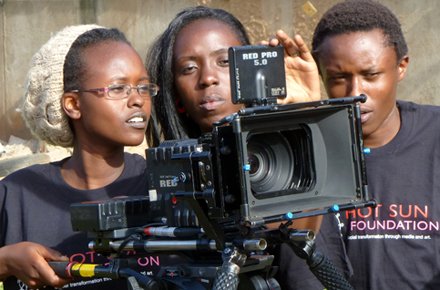
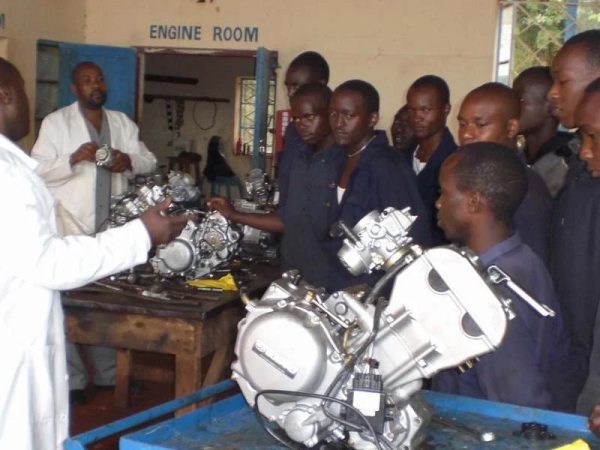

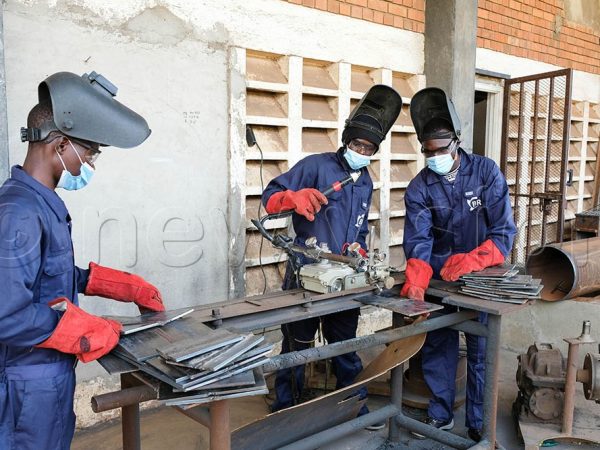
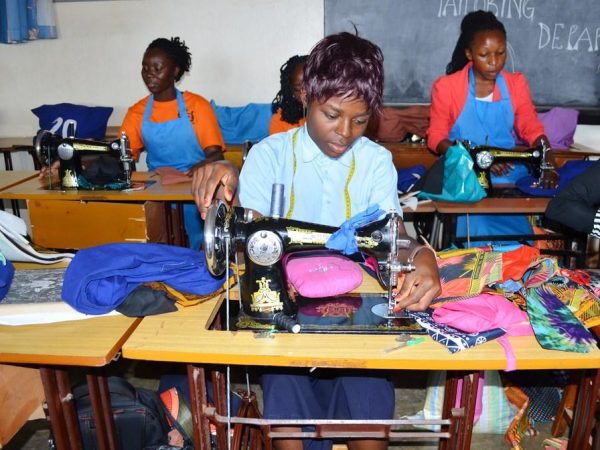


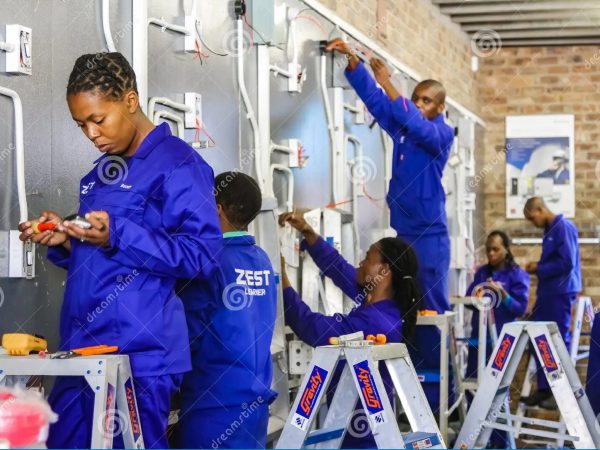
Nigerian Youth Employment Through Skills Acquisition Fund (NYESAF) is a sub-component under component 2 of the IDEAS Project which aims to provide approximately 75,000 youth with market-relevant skills. The Project will finance the establishment and operation of this funds by leveraging on Result Based Contracting to procure Demand Driven Training for youths. The targeted youths are those who are functionally literate/numerate and have some or all level of secondary education and are without regular employment; a special focus will be placed on targeting disadvantaged youths. The NYESAF will cover the costs of tuition, as well as a small stipend for those in need.
The training programs will be for skills in sectors for which there are good prospects for trainees to gain employment (including self-employment). The training programs will generally run 3-6 months. The list of programs and quantities will be determined separately for each of six geo-political zones based on regional skills needs. At the first round, the list will be identified on the basis of market studies and consultations with representatives of government, employers and Training Service Providers (TSPs); the list will be modified at subsequent rounds also based on response from youth and bidding TSPs, and employment results.
Targeted at youth. The NYESAF will finance trainings targeted at youth who are functionally literate/numerate and have some or all of secondary education, and are without regular employment or are underemployed. A particular effort will be made to reach youth who are economically disadvantaged, female or with a disability.
In market-relevant Skills. The NYESAF will finance short-duration trainings to acquire skills in trades for which there are good prospects for students to gain employment (including self-employment). Training programs will be identified separately for six geo-political zones based on their likelihood to result in employment. The identification for the first round (of four) of trainings will be based on consultative workshops with representatives of employers, labour market research and expertise, government and training service providers (TSPs) from the states of each zone. For subsequent rounds, the identification will also be based on post-training employment rates of students in prior rounds as well as market studies as needed. All training packages will be mapped to the National Skills Qualification Framework, and linked to a certification conferred by an officially recognized Awarding Body (AB).
Incentivizing TSPs to achieve results. Payments will be made against three results: the percentage of those enrolled who complete the program (as measured by a minimum attendance rate); the percentage of those enrolled who receive the program-relevant certification by a recognized AB subsequent to an assessment conducted by the AB; and the percentage of those enrolled who are earning income through employment (including self-employment) three months after program completion (Internship associated with the training program will not count as post-training employment). To enable TSPs to finance training from the outset, an initial partial payment against results will be made.
Competitive tendering. Training programs will be competitively procured on a cost-quality basis. The bids will be independently evaluated by a Committee composed solely of expert representatives from the private sector, donor partners, NGOs, Sector Skills Councils and Trade Associations; no Committee member may be employed, remunerated or affiliated with a TSP being evaluated. The NYESAF will train members as needed to ensure that proposals are evaluated on a standardized basis. Bidding will be open to private and public TSPs. TSPs that receive government budget funds on a regular basis are considered public; all others are considered private, including those that are not-for-profit or run by NGOs. If the winning proposal (based on a combined technical/financial score) is a public TSP and its price is lower than the next-ranked private TSP, proposals will then be separated into public and private lots. These lots will be evaluated separately, and the winner(s) in each lot (one public and one private) will be offered a contract(s).
Standards for TSPs. TSPs will be expected to adhere to certain service standards and requirements, which will be captured in the contract. These standards and requirements will pertain to:
- Quality, including pupil: teacher ratios (PTRs) ceilings, instructor/teacher qualifications, availability of training materials and equipment, and linkages to employment/self-employment including (where applicable) internships. TSPs will be rewarded during evaluation of their technical proposal for incorporating work-based training in the program.
- Monitoring and reporting on program delivery and results.
- Mechanism for selecting trainees.
- Targeting and inclusion of those who are economically disadvantaged, female or with a disability. Each call for EOIs/proposals for a particular training program will stipulate minimum enrollment percentages in each of these categories and require the TSP to identify their targeting mechanism.
- Financial management.
- Safeguards related to environment, social, sexual exploitation and abuse/sexual harassment; and to the reporting and redressal of grievances.
The TSP will be required to provide all training materials to trainees, as well as a uniform; and will not charge tuition or any other fee. Students enrolled in a training program who are economically disadvantaged will receive a monthly stipend for the duration of the course; the TSP will be responsible to identify those students who are in need. TSPs will be encouraged to be accredited by the NBTE to deliver the training program. The TSP must have been registered in Nigeria (Corporate Affairs Certificate) for at least 3(three) years; and have been in operation and providing training for at least two (2) years. The TSP must have audited financial statements for the last two (2)years; agree to open a separate bank account for funds provided by NYESAF; and allow for NYESAF-assigned auditors to check financial records related to funds provided by NYESAF.
Third-party monitoring. Training program delivery and results will be independently monitored. Shortcomings observed pertaining to contractually-agreed service delivery will be financially penalized. Results-based payments will be made on the basis of independent confirmation of results.
